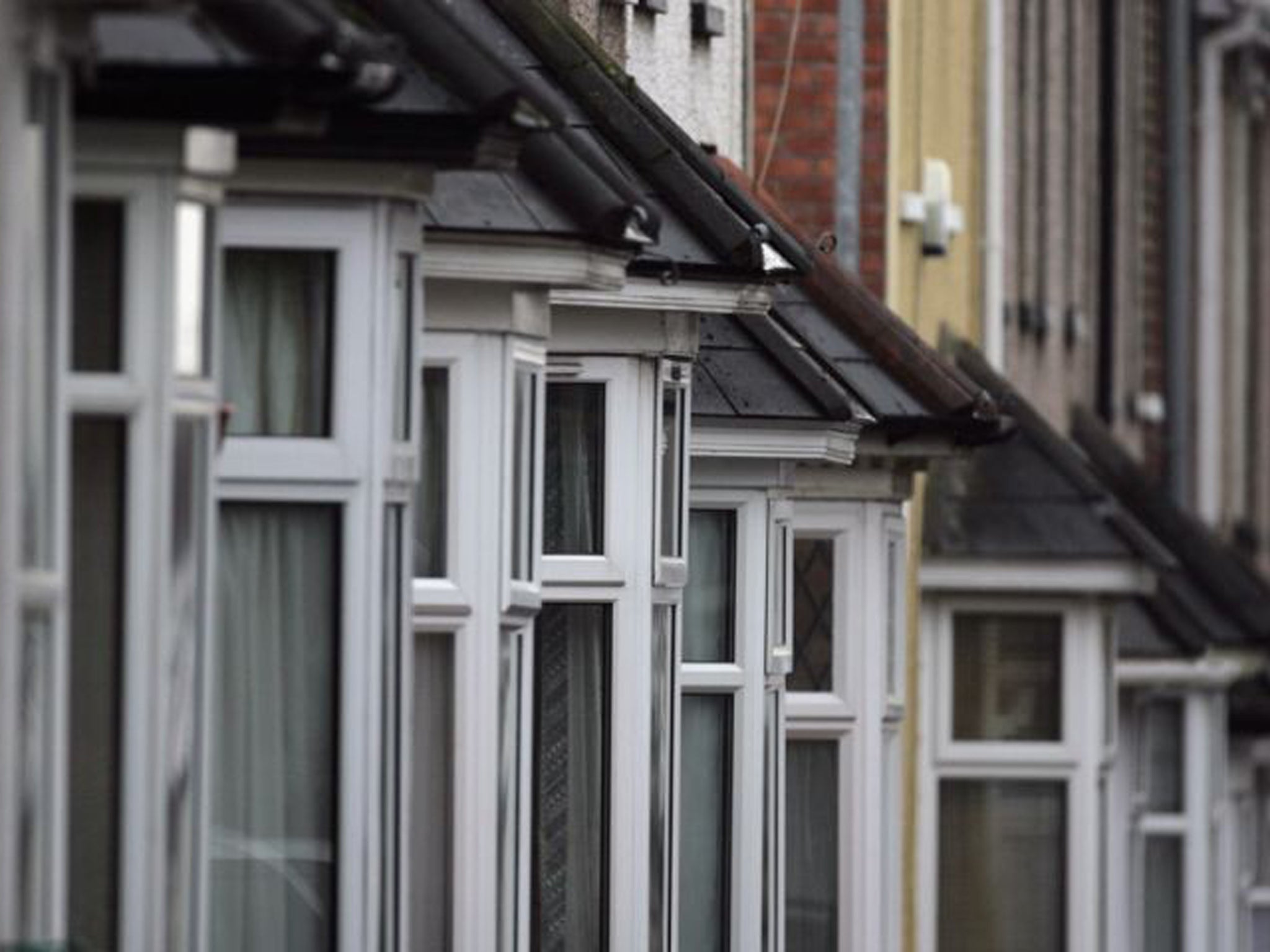
Your support helps us to tell the story
From reproductive rights to climate change to Big Tech, The Independent is on the ground when the story is developing. Whether it's investigating the financials of Elon Musk's pro-Trump PAC or producing our latest documentary, 'The A Word', which shines a light on the American women fighting for reproductive rights, we know how important it is to parse out the facts from the messaging.
At such a critical moment in US history, we need reporters on the ground. Your donation allows us to keep sending journalists to speak to both sides of the story.
The Independent is trusted by Americans across the entire political spectrum. And unlike many other quality news outlets, we choose not to lock Americans out of our reporting and analysis with paywalls. We believe quality journalism should be available to everyone, paid for by those who can afford it.
Your support makes all the difference.House prices have recorded their fastest growth in almost three years in a further sign that the market is gathering pace, Nationwide has reported.
The annual increase of 1.9% registered in June pushed average UK prices to £168,941, marking the strongest year-on-year uplift seen since September 2010.
On a month-on-month basis, house prices rose by 0.3% in June, marking a slight slowdown compared with a 0.4% rise recorded the previous month.
The building society said that Government efforts to kick-start the market, as well as a lack of available homes to choose from, are helping to bolster house prices.
However, there are big regional divides, with prices in London now standing at a new all-time high at £318,214 on average, which is 5% above their previous 2007 peak.
Nationwide's chief economist, Robert Gardner, said London "has seen the greatest recovery in prices of any region".
By contrast, prices across the UK are still around 9% below their pre-crisis peak. Prices in England are currently 5% lower than those seen in 2007, while they are 13% down in Wales, 12% lower in Scotland and have plummeted by 53% in Northern Ireland compared with their 2007 levels.
Ten out of 13 areas across the UK have seen house prices increase over the last year, while three - Scotland, Northern Ireland and Yorkshire and Humberside - have seen falls.
London has seen the strongest annual growth at 5.2%, followed by East Anglia, which saw house prices increase by 3.6% year on year.
Northern Ireland recorded the biggest year-on-year drop in house prices, with a 2.1% fall taking them to £108,116 on average. Scotland saw the second biggest fall, with a 1.2% slide pushing prices to around £134,611. Meanwhile, prices rose in Wales by 1.2% year on year to reach £133,432 typically.
Among England's cities outside London, Newcastle saw the biggest housing market jump year on year, with prices up by 11% to reach £173,296 on average, while Liverpool saw the biggest annual drop, with an 8% slide taking prices to around £142,454.
A string of recent studies have pointed to signs that the housing market is picking up, helped by Government initiatives such as Funding for Lending, which gives lenders access to cheap finance and has prompted a sharp increase in mortgage availability as well as lenders slashing their rates.
Schemes such as Help to Buy, which will be fully launched next year, have been introduced to help borrowers with smaller deposits and there have been reports of more first-time buyers entering the market in recent months.
The Council of Mortgage Lenders (CML), which represents banks and building societies, recently said that May was the best month it has seen for mortgage lending since 2008.
Mr Gardner said the recent house price jump is likely to be down to a number of factors, including the increase in mortgage availability brought about by the Funding for Lending scheme.
Some signs of a modest improvement in the economy may also be boosting buyers' confidence and at the same time there are "few signs" that the supply of housing is increasing significantly, he said.
PA
Join our commenting forum
Join thought-provoking conversations, follow other Independent readers and see their replies
Comments